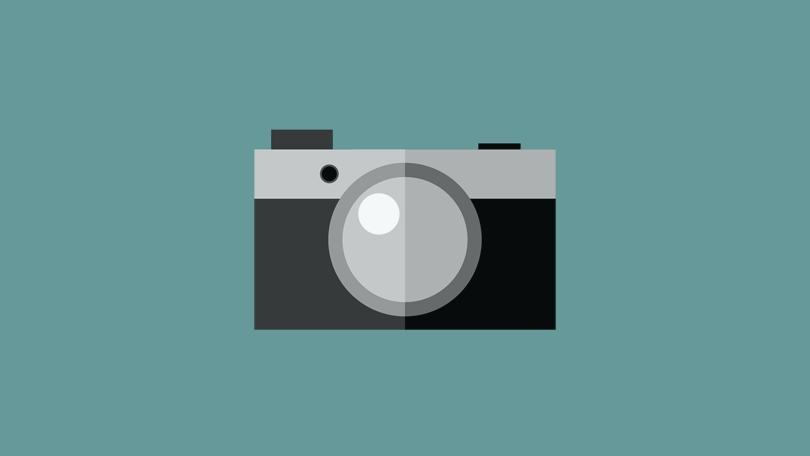Cholesterol is a fatty compound complexes, which
80% is produced by the body by the liver and 20% were from outside the body, namely by nutrients for a variety of functions in the body, among others, form the cell wall.Cholesterol is a substance that is in the food we eat can increase cholesterol levels in the blood. But, as far as revenue is balanced cholesterol levels with needs, your body will remain healthy. Cholesterol can not dissolve in body fluids, for it to be sent to the whole body needs protein packed together into particles called lipoproteins, which can be considered as a carrier of cholesterol in the blood.
High cholesterol levels are now a problem for many people regardless of age. Indeed, the body still require cholesterol for the formation of cells and hormones, but excessive bad cholesterol is one of the major causes of heart disease.
Increased cholesterol levels occur due to a variety of factors, ranging from family history to such incorrect intake:
- Diet Eating too many foods containing saturated fat can raise cholesterol levels. This type of fat found in many organs in poultry meat, eggs, cheese, coconut oil, pastries, as well as various types of fried foods.
- Weight : Piles of fat around the abdomen and waist not only make you even look for pants that fit, but also raise triglyceride levels and lower good cholesterol (HDL).
- Activity levels : less activity will also increase the levels of bad cholesterol (LDL) and make too little HDL.
- Age and gender : At the age of 20 years, cholesterol levels naturally tend to rise unless you do something to stop this trend.
- Family history :There is certain people who still have high cholesterol despite already running style A healthy and balanced life, it is because Heredity also plays a role in the occurrence of excess bad cholesterol.
- Smoking : Many people already know how the dangers of smoking. In addition to lung damage, smoking will also reduce the level of good cholesterol.
Do not miss a routine medical examination and ask your doctor to explain the risks of various illnesses. Have some kind of disease, such as diabetes or hypothyroidism can raise cholesterol levels.
If you have been diagnosed with high cholesterol, at first you would be well advised to make changes to your diet and increase exercise levels.
After a few months, if your cholesterol level has not gone down, you will usually be advised to take cholesterol-lowering medications, changing your diet, quit smoking, and do more exercise will also help prevent high cholesterol develops.
Diet
Consume healthy foods low in saturated fat can reduce the level of LDL (bad cholesterol).
Try to avoid or reduce the following foods, which are rich in saturated fat:
1. The fatty cuts of meat and meat products, such as sausages
2. butter and lard
3. cream, sour cream, ice cream
4. Cheese
5. cakes and biscuits
6. chocolate
7. coconut oil, coconut milk and palm oil
According to the Food Standards Agency the average man should have no more than 30g of saturated fat per day while the average woman should have no more than 20g of saturated fat per day.
Many experts believe that fat is good for you is found in fish such as mackerel, salmon and tuna.These are known as omega-3 fatty acids and high doses may increase the (lower) levels of triglycerides in some patients who have cholesterol.
Cholesterol-lowering drugs
There issome types of cholesterol-lowering drugs that work in different ways depending. Your doctor can advise you on the most suitable type of treatment. Your doctor may also prescribe medication to lower high blood pressure (hypertension) if it affects you.
The drugs most often prescribed are as follows.
Statins
Statins block the enzyme useful (a type of chemicals) in your liver that helps make cholesterol.This causes a decrease in blood cholesterol levels.
Statins only be prescribed to people who continue to be at high risk of heart disease.
Aspirin
In some cases, a low daily dose of aspirin may be prescribed, depending on age and other factors. Children under 16 years of age should not take aspirin). Low-dose aspirin can prevent blood clots from forming.
Niacin
Niacin is a B vitamin found in foods and multivitamin supplements. In high doses (available by prescription), niacin lowers LDL and triglycerides and increasing HDL. However, it can cause side effects, particularly flushing (reddening in the face), so it is not commonly used. Taking high doses for a long time can also cause liver damage.
The Department of Health recommends that you should be able to get the amount of niacin that you need by eating a varied and balanced diet. If you take niacin supplements, do not take too much because this might be harmful.
Ezetimibe
Ezetimibe is a drug that blocks the absorption of cholesterol from food and bile juices in your intestines into your blood. It is generally not as effective as statins, but tend to come with side effects.
You can take ezetimibe at the same time as usual statin if your cholesterol levels are not low enough with statins alone. Side effects of this combination is generally the same as the statin alone (muscle pain and stomach problems).
You can take ezetimibe by itself if you can not take statins. This may be because you have other medical conditions or taking medications that interfere with the workings of statin, or because you experience any side effects from statins.
Advertisement




